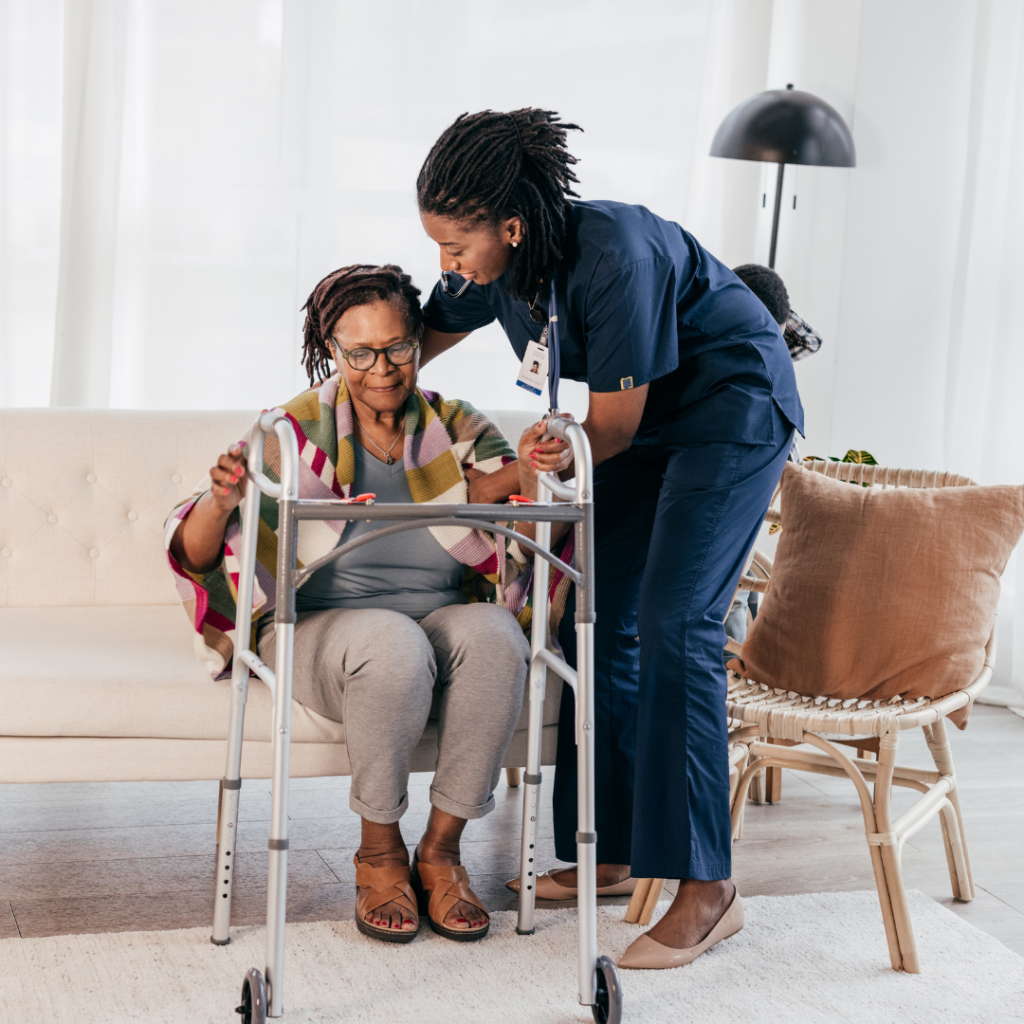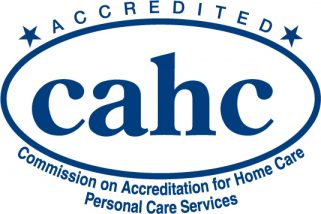When it comes to post-surgical recovery, Seniors require specialized care and support. Common procedures like hip and knee replacements can significantly improve mobility and quality of life, but proper post surgery care for Seniors is essential to ensure a smooth recovery.
After surgery, Seniors need tailored care, including understanding Seniors’ unique needs, physical therapy and exercise, pain management and medication, lifestyle adjustments, and emotional support and mental well-being. Understanding these tips for post surgery care for Seniors and having a solid support plan in place can significantly improve their recovery and overall well-being.
Tips for Post Surgery Care for Seniors
Understanding Seniors’ Unique Needs After Surgery
When it comes to post surgery care for Seniors, it’s essential to have a clear understanding of their unique needs. Seniors may experience a combination of physiological and emotional challenges after surgery, which can impact their overall well-being. The stress of surgery can take a toll on their mental health, while physical limitations may affect their mobility and daily activities.
Common surgeries like hip and knee replacements can significantly improve mobility and quality of life, but the immediate post-surgery period can be challenging. Seniors may require assistance with basic tasks, such as walking, dressing, and bathing. By recognizing and addressing these challenges, caregivers and family members can plan and provide the necessary support to ensure a smooth and successful recovery for Seniors after surgery.
Physical Therapy and Exercise
Physical therapy is not merely an option but a cornerstone of successful post surgery care for Seniors. It plays a pivotal role in helping them regain lost strength and mobility. After surgery, Seniors may experience a decline in physical abilities due to immobility during the healing process. Physical therapy is designed to counteract this decline by tailoring exercises and techniques to the individual’s specific needs and the type of surgery they underwent. It assists in improving the range of motion, reducing pain, and enhancing overall function.
A key factor in the effectiveness of physical therapy is consistency. Seniors must diligently follow the exercises prescribed by their healthcare professionals. These exercises are carefully chosen to address their unique recovery needs. Encouraging Seniors to commit to their exercise routines can significantly accelerate the recovery process. Moreover, it helps Seniors regain their independence and quality of life more rapidly, allowing them to return to their daily activities with confidence.
Pain Management and Medication
Seniors may experience post-surgery pain, which can hinder their recovery. To address this, healthcare professionals prescribe tailored medications, offer physical therapy to reduce discomfort and improve mobility and recommend temperature therapy like ice and heat. These measures collectively reduce pain and inflammation, enhancing Seniors’ participation in their recovery.
Seniors should maintain open communication with their healthcare providers regarding their pain levels and medication concerns. Regular discussions allow for necessary adjustments, ensuring pain is managed effectively without unwanted side effects.
By prioritizing effective pain management, caregivers and family members can significantly contribute to Seniors’ comfort and successful recovery.
Lifestyle Adjustments
Making lifestyle adjustments is crucial in ensuring a smooth and safe recovery process for Seniors after surgery. Seniors may need to adapt to their daily routines. This could involve assistance with tasks such as cooking, cleaning, and shopping. Caregivers and family members should be prepared to lend a hand or consider pre-planned meals and tasks to ensure a balanced and safe environment during recovery.
Safety is paramount during the recovery period. Caregivers should take steps to remove tripping hazards from the home, install grab bars and handrails in bathrooms and hallways, and ensure comfortable seating and sleeping arrangements. These adjustments provide the necessary support and security that Seniors need during their post-surgery recovery.
By implementing these lifestyle adjustments, caregivers and family members can contribute significantly to Seniors’ comfort, safety, and confidence during their recovery journey.
Emotional Support and Mental Well-Being
Seniors often face emotional challenges during post-surgery recovery, including fear and anxiety. Acknowledging these feelings and fostering open communication is vital. Engaging in mood-boosting activities like reading or spending quality time with loved ones can improve their mental well-being. If emotional challenges persist, seeking professional support is a valuable option. Caregivers and family members play a crucial role in providing emotional support and enhancing Seniors’ overall mental health during recovery.
Practical Tips for Caregivers and Family Members
As caregivers and family members, your role in post surgery care for Seniors is vital. Here are practical tips to ensure the best support:
- Stay Informed: Understand the details of the Senior’s surgery, including post-operative instructions and any potential complications. Knowledge empowers you to provide effective care.
- Coordinate Care: Establish a caregiving schedule to ensure consistent support. Communication among family members is key to avoiding overburdening a single caregiver.
- Medication Management: Keep track of medication schedules and dosages. Ensure Seniors take prescribed medications as directed by healthcare professionals.
- Mobility Assistance: Be ready to assist with mobility, such as walking and transfers. Install necessary aids like handrails and non-slip mats to enhance safety.
- Emotional Support: Offer a listening ear and a reassuring presence. Understand and address any emotional challenges the Senior may be facing.
- Nutrition and Hydration: Ensure a balanced diet and hydration. Prepare nutritious meals and encourage regular fluid intake.
- Regular Check-Ins: Keep in touch with healthcare providers for progress updates and address any concerns promptly.
- Respite Care: Recognize the importance of self-care. Arrange for respite care to prevent caregiver burnout.
- Emergency Plan: Have a plan in place for emergencies, including contact information for healthcare providers and local hospitals.
By following these practical tips, you can provide comprehensive support and contribute to a successful post-surgery recovery journey for your loved one.
Is it necessary to have in-home senior care services after surgery, or can family members provide sufficient care?
In many cases, family members can provide valuable support during a Senior’s post-surgery recovery. However, the need for in-home senior care services depends on several factors, including the type of surgery, the Senior’s overall health, and the availability of family members. Professional in-home care services offer specialized assistance and expertise in post-surgery care, including physical therapy, medication management, and emotional support. They can be particularly beneficial for Seniors undergoing major surgeries like hip or knee replacements. Ultimately, the decision should be based on the Senior’s specific needs and the family’s ability to provide comprehensive care.
Proper post surgery care for Seniors is paramount to their well-being and a smooth recovery journey. By understanding these tips, we can ensure that your beloved Seniors experience the best possible outcome. You don’t have to go through this journey alone. Contact Anita’s Angels, Inc. at 908-788-9390 to provide the specialized in-home care assistance and expertise needed to support Seniors during their recovery. Remember, we are Families Helping Families.





